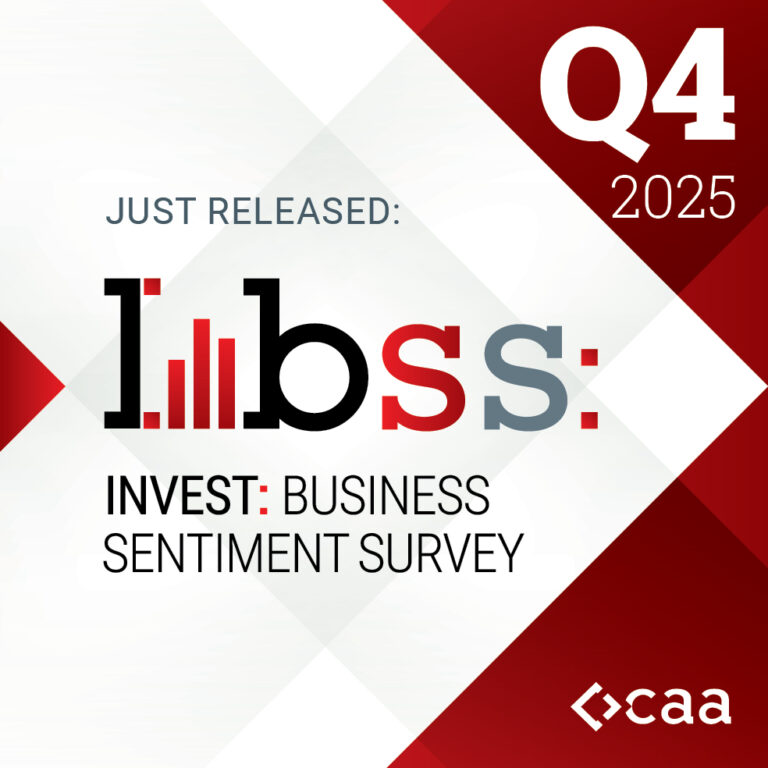Tina Bussone, Executive Director, Bowditch & Dewey, LLP
In an interview with Invest:, Tina Bussone, executive director of Bowditch & Dewey, talked about how the legal firm’s transparency has led to increases in the participation of women in ownership and among its legal staff. She also highlighted how the lack of market growth has pushed legal firms to compete for market share, and how the firm must stay on top of technology and changing demands to service clients effectively.
What are the most important contributions of Bowditch & Dewey to Boston’s legal landscape?
Our firm has been around for 110 years, and we have three offices in Boston, Framingham, and Worcester. Each office is relatively equal in size, and we service clients both within and outside Massachusetts. The fact that we are not just in Boston means we are embedded in and have deep connections in those communities where we have offices.
We also support many community related organizations and initiatives and are committed to the environments where we sit. For instance, many of our attorneys serve on nonprofit boards. It is good to have people in various offices who bring different perspectives and relationships to the firm and our clients. That is an advantage for a midsize firm of 65 to 70 attorneys like ours, since we are smaller than some of the larger firms, but do sophisticated work and have good talent.
What is the strategy of Bowditch & Dewey to level the field in terms of female participation in the firm?
When I first joined 10 years ago, we only had one female capital partner or owner at the firm. We are now at a point where about 35% of our ownership is women. We achieved that through a variety of means. In terms of policy-driven measures, putting things in writing and being transparent levels the playing field.
From the criteria to get elevated to partnership to how origination credit on work is split, everything is documented and detailed. Those criteria are the same for everybody, and everyone has access to that information. That has made it easier for people to advance. Additionally, we coupled that with supporting people on reduced schedules as that is important for some members of our team including our female attorneys. We have also placed women in leadership positions to help in our decision-making and ensure various perspectives are heard and considered.
What are some trends in the legal landscape that are impacting the clients of Bowditch & Dewey?
There is a real housing crisis in Massachusetts. A lot of our clients are focused on multifamily developments. With Gov. Maura Healey’s big investment in sustainability, we are getting more requests around climate tech and sustainability. Additionally, Title IX regulations changed over the summer, so our higher-ed practice has been busy with schools wanting to figure out how to keep up with those changes. Moreover, as society ages and boomers retire, our trust & estates practice is very busy.
As society and the business community change, you must change too. It is important for our attorneys to stay up-to-date in the industries that they specialize in and in the trends that clients face.
What are the most important opportunities and challenges that Bowditch & Dewey has identified in the Boston legal sector?
Our firm is mid-sized, and our bill rates are reflective of a firm of our size. Our team is comprised of very talented and skilled attorneys. This allows us to provide a good value proposition to our clients; this is especially attractive to many of our clients as they navigate their own business landscape and do what they can to remain competitive in their respective industries. We are a multiservice firm, so clients can come to us for a variety of things and can work with a team that is very collaborative and client-centric.
In terms of challenges, there is not only a competition for talent, but also for clients. The market is not growing much, so we need to be at the top of our game as clients and potential clients make decisions regarding their legal services. Additionally, clients are becoming more savvy and more demanding, so client service must go beyond answering clients’ immediate questions. We need to assist clients in thinking strategically and in what may come next. We need to think through the value that our clients deserve and are looking for and ensure that we deliver.
What is the strategy of Bowditch & Dewey to bring together people of different ages and backgrounds in the workplace?
There are currently five generations in the workplace, which makes for a fabulous organization with many viewpoints and perspectives. Nevertheless, it can also be a challenge to always get everybody to appreciate varying perspectives and that such viewpoints lead to a stronger and more dynamic organization.
We are currently relocating two of our offices as our leases are expiring. As we survey what people are looking for within our office spaces, we have realized that answers are all over the map depending on how people have practiced and where they are in their career and it is important to be responsive while settling on solutions that support a variety of needs. We have settled on a hybrid work environment that forces us to be more disciplined in terms of how we integrate new hires and train people.
How is Bowditch & Dewey leveraging technology to improve the efficiency of its operations?
We focus on getting the right technologies, highlighting why we are using them, and helping people with their technology skills. We have a technology innovation council comprising everyone from legal assistants to paralegals, associates, and partners. That council helps us understand how everybody uses technology, how it can be better, and what we should look at. That council also provides us with effective feedback, sets priorities for the firm, and pilots the technology so that we can figure out if it is worth it.
We have found that some technologies, such as our document management system, are good across our practice areas, but others are useful only in certain areas. Our approach is aligning the technology with how people work and what we need to achieve and doing a fair amount of training. Depending on the level of technology skills of our team members, our staff follows up and helps them. We meet people where they are and support them in further developing their skills and use of the technology available to them.
What specific technological tools has Bowditch & Dewey implemented to improve its services?
One example is our use of Contract Express. This is a tool that has allowed us to standardize templates that we use frequently. This allows us to customize documents for our clients while at the same time ensuring that we are using the best and most current language in the drafting of legal documents. Back to client service, this allows us to provide excellent service to our clients but also effectively streamline the production of such documents. Our litigation team also uses a lot of e-discovery software to support its operations. We also use software to collect and share information on the transactions we support which eliminates the need to email numerous attachments back and forth.
What advice would you give to aspiring lawyers interested in pursuing a career in Boston’s legal sector?
They should ask a lot of questions during the interview process and ensure they are able to speak with others at similar experience levels. Many associates are often hesitant to ask all the questions that may be on their mind. They will spend a lot of time with their colleagues, and first jobs often set the stage and groundwork for future opportunities. It is therefore important that they do their due diligence, kick the tires, and meet the people they want to meet as they consider their options. The more that an employer and employee understand expectations of one another, the more successful the relationship will be.
People can find out a lot of information about firms and/or organizations and the culture that exists in such workplaces, so it is important that they pick one that feels right to them. That will help them connect better with their future colleagues and ensure that they are engaged in work that they are interested in.
What are the top priorities of Bowditch & Dewey for the next two to three years?
We are going to focus our energy on the changing trends in society and ensuring that we are up to date and current to support our clients. We will also focus on client service and getting feedback from clients so that we are continuously improving the service and value we deliver to clients. We will continue working on our hybrid work environment so that it is as seamless as possible across the organization.
We will also continue to be embedded in our larger communities. That means building and expanding community connections, maintaining and developing client relationships, and staying on top of technology and changing client demands. It takes a lot of skill and talent to service clients effectively, and we need all those pieces.











